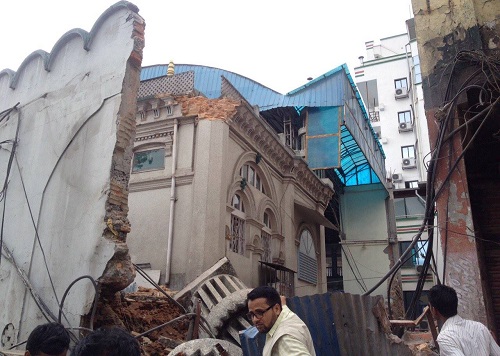
April 27, 2015; ABC News
There has been an outpouring of support and aid following Nepal’s catastrophic 7.8 earthquake this past weekend. While many charities are considering the best strategic plan to provide disaster relief for the affected region, tech juggernauts Google and Facebook are providing a very different kind of aid: using their international capabilities to help unite disconnected loved ones.
Google’s Person Finder tool was first launched for the similarly devastating 2010 earthquake in Haiti. It allows an individual to input information about themselves or someone else to make it available for those searching for updates and records for loved ones. So far, the tool has accumulated about 6,000 records just for the Nepal earthquake.
Sign up for our free newsletters
Subscribe to NPQ's newsletters to have our top stories delivered directly to your inbox.
By signing up, you agree to our privacy policy and terms of use, and to receive messages from NPQ and our partners.
Facebook has also activated its safety check tool, which rolled out last October. The tool, like Google’s Person Finder, capitalizes on one of the benefits of social media—increased connectivity. If Facebook detects an individual in the area of a recorded disaster, a user can both let their network know they are okay and also let the user check in on others that could have been affected.
“When disasters happen, people need to know their loved ones are safe,” wrote Facebook chief executive Mark Zuckerberg in a Facebook post on Saturday. “It’s moments like this that being able to connect really matters.”
Other tech companies are providing better phone call rates for those trying to reach loved ones in Nepal. Google Voice is offering a reduced rate of 1¢ per minute for all phone calls made, while T-Mobile has nixed any fee for customers calling or texting Nepal through May 16th. Viber and Vodafone are also offering free calls to and from Nepal. As only about 13 percent of Nepal’s population has Internet access and cellphone communications have also sputtered, these efforts offer a practical remedy to a potentially complicated issue.
According to officials, the death toll for the earthquake, the worst one the country has seen in 80 years, has risen to over 4,000 as of this publication.—Shafaq Hasan













